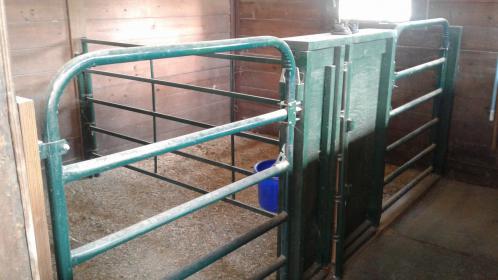My husband and I are starting the first part of our research into moving and that includes a house with enough property to have a barn for our minis.
I am trying to come up with a list of things we should know about and what to account for financially before we make this leap so we not only account for buying the house, but everything else to get it ready for the horses and also to maintain it for the horses.
Before you ask - I have zero desire to find a big enough barn to board. I’ve been boarding my entire life and have met my share of crazy barn mates that I will never want to be BO/BM ever! I just want my horses on my property and be able to enjoy them.
What are things you wish you knew before going into it? What can you pass on to a newbie?




